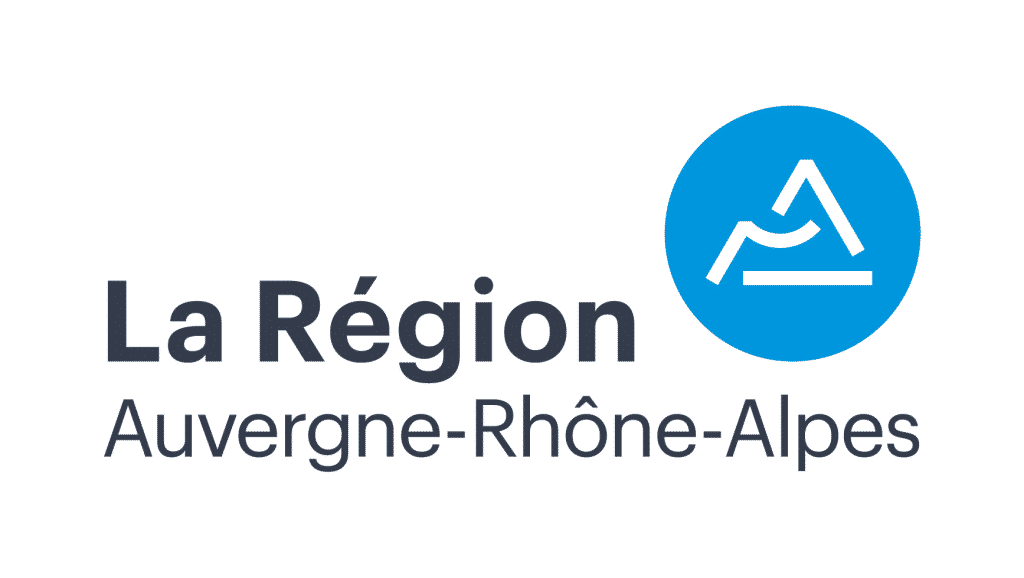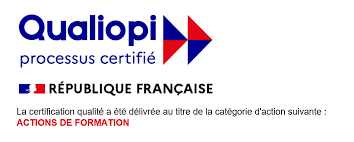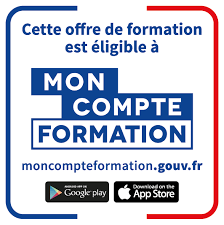Strategies for Learners with Dyslexia (Challenges with Reading, Writing, and Spelling)
Embrace Multi-Sensory Learning: Dyslexic learners thrive when engaging multiple senses.
-
- Listen Actively: Prioritise listening comprehension. Utilise audiobooks, podcasts, French music, and TV shows (with or without subtitles). Ask your teacher for recommendations.
-
- Speak, Speak, Speak: Don’t fear mistakes. Practise pronunciation and intonation through conversation. Consider attending our free Conversation Evenings or using a dictaphone app for homework, rather than writing.
-
- Kinesthetic Activities: To memorise new material, use flashcards, write words in the air, or act out vocabulary.
-
- Visual Aids: When note-taking, use color-coding for genders, verb conjugations, or word types. Mind maps and pictorial dictionaries can be incredibly helpful.
-
- Focus on Phonics and Sound-Symbol Correspondence: Tools like ‘Forvo: The Pronunciation Dictionary’ can highlight pronunciation. Use Google Translate to practise pronunciation by repeating words and phrases until it recognises what you’re saying.
-
- Be Patient with Spelling: French spelling is tricky. Prioritise comprehension and communication, and spelling will improve with consistent exposure.
Strategies for Learners with Dyspraxia (Challenges with Motor Skills, Organization, and Sequencing)
Structure and Routine are Key: Predictability is beneficial for dyspraxic learners. Establish a consistent weekly schedule for lessons, self-study, and other training components like e-learning.
-
- Visual Organisation: Use visual planners, checklists, and colour-coding to organise notes, vocabulary, and grammar rules.
-
- Hands-On Practice: Reinforce learning through practical activities, such as using flashcards, manipulating objects related to vocabulary, or role-playing conversations.
-
- Repetition and Overlearning: Frequent repetition in various contexts is crucial for consolidating information. Make an effort to use your French daily around Morzine.
-
- Focus on Communication over Perfection: Don’t get caught up in minor errors. Effective communication is the goal. Building confidence in speaking naturally leads to improved fluency. PDS Formation (with Alpine French School) hosts free Conversation Evenings to support this. Follow us on social media for details: https://www.facebook.com/pdsformation.
-
- Embrace Technology for Organisation: Use digital note-taking apps, reminders, and calendar tools to manage learning tasks and deadlines.
Strategies for Learners with ADHD (Challenges with Attention, Focus, and Impulsivity)
-
- Short, Focused Study Sessions: Try ‘The Pomodoro Method’: use a timer to break work into 25-minute intervals, separated by short breaks. Repeat up to three times before taking a longer break. This structure helps maintain focus and combat procrastination.
-
- Vary Activities: Keep things engaging by switching between different learning activities: listening, speaking, reading, writing, and games. Kwiziq can be a useful tool with its diverse activity types.
-
- Active Learning: Don’t passively absorb information. Engage by asking questions, participating in discussions, and explaining concepts in your own words. Group lessons might be a good option for you.
-
- Gamification: Turn learning into a game! Use apps, online quizzes, and friendly competitions. Kwiziq is a good starting point, but ask your teacher for other recommendations.
General Strategies for All Learners with Learning Differences
-
- Patience and Self-Compassion: Language learning takes time. Be patient, celebrate progress, and don’t be discouraged by setbacks.
-
- Personalised Learning Plans: Work with PDS Formation to develop a learning plan tailored to your specific needs and learning styles, utilising options like private or group lessons, online lessons, and e-learning.
-
- Focus on Strengths: Identify and leverage your learning strengths. If you’re a great listener, use audio resources. If you’re a visual learner, use more visual aids.
-
- Celebrate Small Victories: Acknowledge every step forward, no matter how small. Ordering coffee, understanding a new phrase, or writing a simple sentence are all significant achievements!
At PDS Formation, we are committed to providing an inclusive and effective learning environment. Our experienced teachers are trained to understand and adapt to diverse learning needs. If you have concerns or specific requirements, please don’t hesitate to speak with us.
Ready to embark on your French adventure? Contact us today to discuss how we can tailor a learning experience just for you.
Conquering French with Confidence: Strategies for Learners with Learning Differences
Learning French is essential for fully embracing life in France, but traditional classroom settings can be challenging for individuals with learning differences. At PDS Formation, we understand that diverse learning styles require tailored approaches. Our teachers adapt programmes to your unique needs and guide you with strategies for optimal learning both in and out of the classroom.
Strategies for Learners with Dyslexia (Challenges with Reading, Writing, and Spelling)
Embrace Multi-Sensory Learning: Dyslexic learners thrive when engaging multiple senses.
-
- Listen Actively: Prioritise listening comprehension. Utilise audiobooks, podcasts, French music, and TV shows (with or without subtitles). Ask your teacher for recommendations.
-
- Speak, Speak, Speak: Don’t fear mistakes. Practise pronunciation and intonation through conversation. Consider attending our free Conversation Evenings or using a dictaphone app for homework, rather than writing.
-
- Kinesthetic Activities: To memorise new material, use flashcards, write words in the air, or act out vocabulary.
-
- Visual Aids: When note-taking, use color-coding for genders, verb conjugations, or word types. Mind maps and pictorial dictionaries can be incredibly helpful.
-
- Focus on Phonics and Sound-Symbol Correspondence: Tools like ‘Forvo: The Pronunciation Dictionary’ can highlight pronunciation. Use Google Translate to practise pronunciation by repeating words and phrases until it recognises what you’re saying.
-
- Be Patient with Spelling: French spelling is tricky. Prioritise comprehension and communication, and spelling will improve with consistent exposure.
Strategies for Learners with Dyspraxia (Challenges with Motor Skills, Organization, and Sequencing)
Structure and Routine are Key: Predictability is beneficial for dyspraxic learners. Establish a consistent weekly schedule for lessons, self-study, and other training components like e-learning.
-
- Visual Organisation: Use visual planners, checklists, and colour-coding to organise notes, vocabulary, and grammar rules.
-
- Hands-On Practice: Reinforce learning through practical activities, such as using flashcards, manipulating objects related to vocabulary, or role-playing conversations.
-
- Repetition and Overlearning: Frequent repetition in various contexts is crucial for consolidating information. Make an effort to use your French daily around Morzine.
-
- Focus on Communication over Perfection: Don’t get caught up in minor errors. Effective communication is the goal. Building confidence in speaking naturally leads to improved fluency. PDS Formation (with Alpine French School) hosts free Conversation Evenings to support this. Follow us on social media for details: https://www.facebook.com/pdsformation.
-
- Embrace Technology for Organisation: Use digital note-taking apps, reminders, and calendar tools to manage learning tasks and deadlines.
Strategies for Learners with ADHD (Challenges with Attention, Focus, and Impulsivity)
-
- Short, Focused Study Sessions: Try ‘The Pomodoro Method’: use a timer to break work into 25-minute intervals, separated by short breaks. Repeat up to three times before taking a longer break. This structure helps maintain focus and combat procrastination.
-
- Vary Activities: Keep things engaging by switching between different learning activities: listening, speaking, reading, writing, and games. Kwiziq can be a useful tool with its diverse activity types.
-
- Active Learning: Don’t passively absorb information. Engage by asking questions, participating in discussions, and explaining concepts in your own words. Group lessons might be a good option for you.
-
- Gamification: Turn learning into a game! Use apps, online quizzes, and friendly competitions. Kwiziq is a good starting point, but ask your teacher for other recommendations.
General Strategies for All Learners with Learning Differences
-
- Patience and Self-Compassion: Language learning takes time. Be patient, celebrate progress, and don’t be discouraged by setbacks.
-
- Personalised Learning Plans: Work with PDS Formation to develop a learning plan tailored to your specific needs and learning styles, utilising options like private or group lessons, online lessons, and e-learning.
-
- Focus on Strengths: Identify and leverage your learning strengths. If you’re a great listener, use audio resources. If you’re a visual learner, use more visual aids.
-
- Celebrate Small Victories: Acknowledge every step forward, no matter how small. Ordering coffee, understanding a new phrase, or writing a simple sentence are all significant achievements!
At PDS Formation, we are committed to providing an inclusive and effective learning environment. Our experienced teachers are trained to understand and adapt to diverse learning needs. If you have concerns or specific requirements, please don’t hesitate to speak with us.
Ready to embark on your French adventure? Contact us today to discuss how we can tailor a learning experience just for you.





